Nar-Anon
Nar-Anon Background
Nar-Anon was established in 1968 by Robert Stewart Goodrich and offers a 12-step program for people whose lives have been affected by someone else’s Narcotic addiction. Similar to Al-Anon and Alcoholics Anonymous, it is separate from Narcotics Anonymous but operates with them in mind to match their goals. With over 24 million Americans using illicit drugs in the past month, it is a huge problem affecting spouses, children, parents, siblings, extended family, and more.
What Drugs Are Being Used?
The US Depart of Justice separates commonly abused drugs into three broad categories: Opioids/Narcotics/Painkillers, Stimulants, and Depressants. Some brands of these drugs include Vicodin, OxyContin, Percocet, Xanax, Valium, and Adderall. Misusing a drug affects decision making and impulsivity, nutrition, sleep, and puts people more at risk for trauma, violence, and injury. However, drug use does not only impact the individual. The friends and families of drug users are deeply impacted as well.
Try Online Therapy
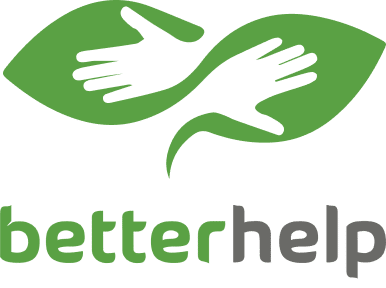
Get professional help from an addiction and mental health counselor from BetterHelp by phone, video, or live-chat.
Take the Quiz. Get Matched. Begin Therapy.
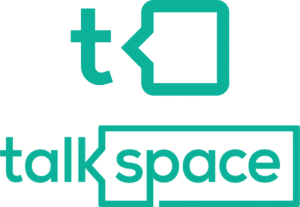
Online therapy can help you with long term addiction support. Connect with a therapist from Talkspace anytime, anywhere.
Get matched with a therapist now.
Paid Advertising. We may receive advertising fees if you follow links to promoted online therapy websites.
How Addiction Impacts Family
Family, friends, coworkers, and even neighbors can experience the effects of drug abuse through the user. It also trickles through the family dynamic. In the case of one parent being a user, sometimes children act as a surrogate spouse for the clean parent, living in denial of the addiction and trying to offer support and take on more responsibility than is age appropriate. Similar to abuse victims, children of addicts often believe it is their fault for their parent’s addiction and feel guilty. They also may feel like they are doing something illegal by being aware of their parent’s illegal activities. Children whose parents have a substance use disorder (SUD) are at an increased risk for developing their own SUD as they get older. If mothers use while pregnant, their child is at risk for low birth weight, sexually transmitted diseases, and a wide range of birth defects.
Even without children in the picture, partners of someone who uses drugs can face serious struggles both financially and psychologically. You need money to get drugs, and if the user runs out or is unable to hold a job, they may rely on their partner to feed the addiction. Depending on the drug, the cost of addiction can exceed the American average annual income of $61,937. For example, an addiction to OxyContin pills, taken 3 times per day, reaches over $70,000 annually.
Psychological problems can include anger, stress, anxiety, shame, isolation, denial, and protection of the addict. Partners of addicts may also have issues with co-dependency. Co-Dependents Anonymous offers support to people who struggle with healthy relationships. They list 5 patterns of co-dependence: denial, low self-esteem, compliance, control, and avoidance patterns. Some of these patterns are described as:
- Remaining loyal to those who do not deserve their loyalty
- Controlling others because they believe others cannot take care of themselves
- Having low self-esteem and being in denial of their own feelings
- Compromising their values to avoid rejection or anger from their partner
Older adults are more likely to be prescribed drugs because of less activity and health problems. If a senior develops a drug problem, their adult children are usually the ones taking care of them financially. When children take on a caretaker role for their parents it can lead to feelings of embarrassment and stress. Sometimes families feel it is necessary to isolate the user from the family, but this can make the addiction worse. That is why it is important for not only the drug user to get help, but the families too from an organization such as Nar-Anon.
Looking for a place to start?
Join the thousands of people that have called a treatment provider for rehab information.
Free and confidential
Available 24/7
Access to professional treatment
What Is Nar-Anon?
Nar-Anon is a 12-step program to help people with a friend or relative who is struggling with an addiction. Nar-Anon is not a religious program, but does focus on a spiritual way of life and the help of a Higher Power as each person interprets it. They offer a list of 20 questions to determine if the program is right for you. If you answer yes to at least 4 of the questions, Nar-Anon might be able to help. Some of the questions are:
- Is it becoming difficult for you to believe his/her explanations?
- Are your savings mysteriously disappearing?
- Are you becoming increasingly reluctant to invite friends to your home?
- Are you unable to discuss the situation with friends and relatives because of embarrassment?
Nar-Anon offers 12 steps, 12 traditions, and 12 concepts of service. The 12 steps are almost identical to the Narcotics Anonymous 12 steps, with the exception of slight phrasing changes when applicable, such as changing “We admitted that we were powerless over our addiction, that our lives had become unmanageable” to “We admitted we were powerless over the addict — that our lives had become unmanageable.” Members can offer support and advice to each other and try to offer real solutions to problems that friends and relatives of drug addicts face.
Check if my insurance covers rehab
Addiction Center is not affiliated with any insurance.
Narateen
Narateen is a 12-step program for teenagers that have an addict in their lives. Each group has 2 Nar-Anon facilitators who have passed a background check, have been verified for their region, and can guide the group of teens. They offer each other support and learn coping mechanisms. Locations for Narateen meetings can be found on their website.
Let Nar-Anon Help
You do not have to take on the weight of living with an addict alone. Nar-Anon brings people together who have the same experiences and reminds members to take care of themselves before trying to care for someone else. Many drug users try to hide their addiction from friends and family for as long as possible. If you believe someone you love has an addiction, contact a treatment provider to explore how you can help.
Try Online Therapy

Get professional help from an addiction and mental health counselor from BetterHelp by phone, video, or live-chat.
Take the Quiz. Get Matched. Begin Therapy.

Online therapy can help you with long term addiction support. Connect with a therapist from Talkspace anytime, anywhere.
Get matched with a therapist now.
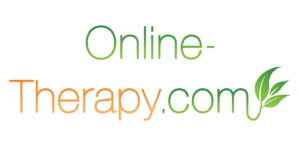
Begin making positive changes with Online-Therapy.com. Quality online therapy, from the comfort of home.
Answer a few questions to get started.
Paid Advertising. We may receive advertising fees if you follow links to promoted online therapy websites.
Published:
Author
Hayley Hudson

-
Hayley Hudson is the Director of Content at Addiction Center. She earned a B.A. in Communications from the University of Central Florida and has 6 years of professional writing experience. A passion for writing led her to a career in journalism, and she worked as a news reporter for 3 years, focusing on stories in the healthcare and wellness industry. Knowledge in healthcare led to an interest in drug and alcohol abuse, and she realized how many people are touched by addiction.
- More from Hayley Hudson
Reviewed by Certified Addiction Professional:
David Hampton

A survivor of addiction himself, David Hampton is a Certified Professional Recovery Coach (CPRC) and a member of the National Association of Alcohol and Drug Abuse Counselors (NAADAC).
- More from David Hampton
Sources


Recovery Starts Today
Call Now For Addiction Support
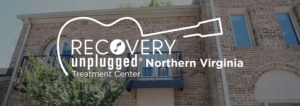
Recovery Unplugged – Harrison House of Northern Virginia
Annandale , VA

Recovery Centers of America Capital Region
Waldorf , MD
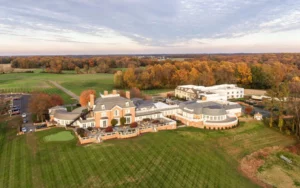
Recovery Centers of America at Bracebridge Hall
Earleville , MD
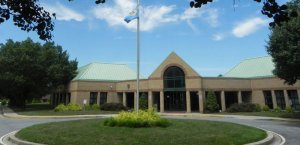
MeadowWood Behavioral Health
New Castle , DE
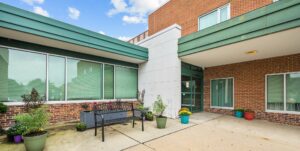
Banyan Treatment Centers – Delaware
Milford , DE
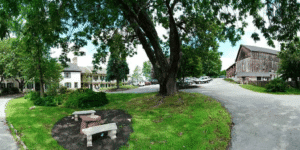
Bowling Green Brandywine
Kennett Square , PA

Cove Forge Behavioral Health Center
Williamsburg , PA
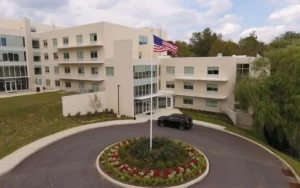
Recovery Centers of America at Devon
Devon , PA
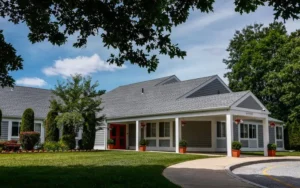
Recovery Centers of America at Lighthouse
Mays Landing , NJ

Lynchburg Comprehensive Treatment Center
Lynchburg , VA

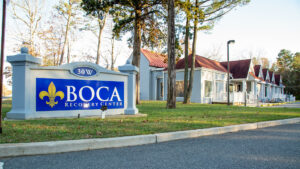
Boca Recovery Center – New Jersey
Galloway , NJ

Banyan Treatment Centers – Philadelphia
Philadelphia , PA
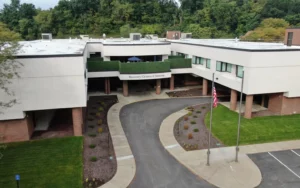
Recovery Centers of America at Monroeville
Monroeville , PA
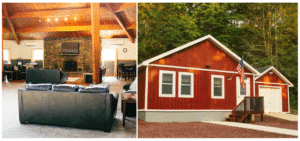
Huntington Creek Recovery Center
Shickshinny , PA
